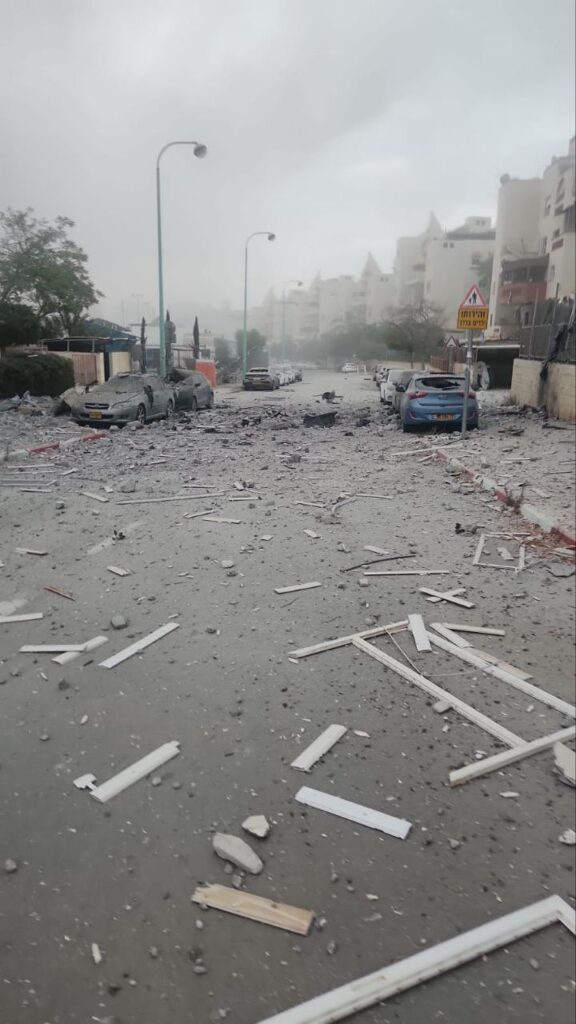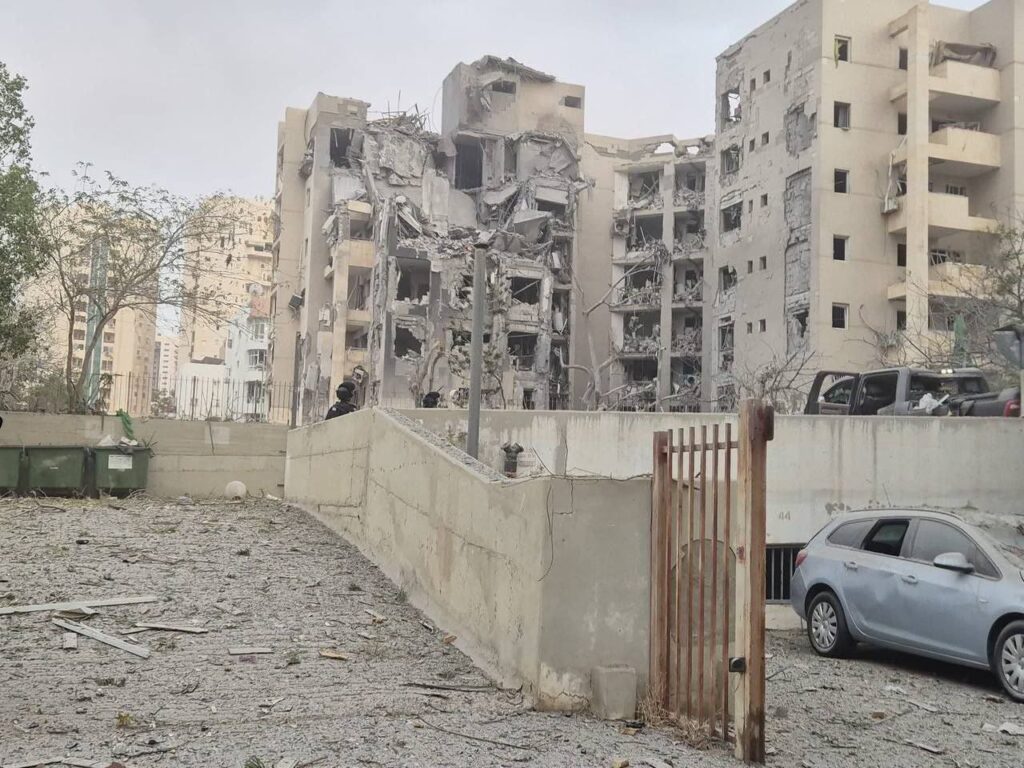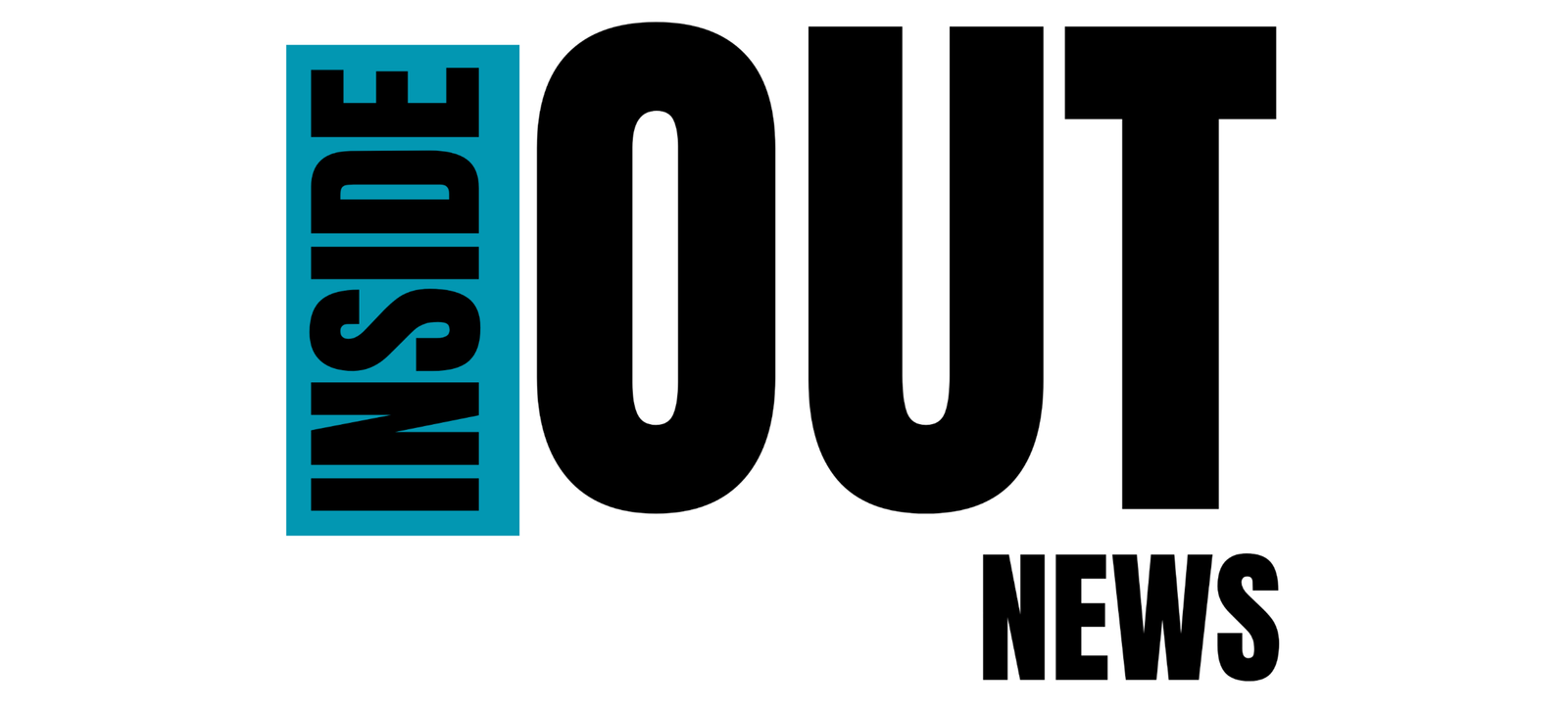Ceasefire or strategic pause? Israel–Iran showdown redefines Middle-East power balance
by Mathipa Phishego
Just about nearly two weeks of escalating hostilities between Israel and Iran. A tenuous ceasefire appears to be holding at least in name.
Brokered with assistance from the United States and Qatar, the de-escalation reflects not a resolution, but a recalibration of regional power plays with far-reaching geopolitical implications. U. S. President Donald Trump declared a “complete and total ceasefire” late Monday night, following what he described as simultaneous outreach by both Israeli and Iranian leadership.
However, Iranian officials quickly disputed the existence of a formal agreement, framing their restraint as conditional and subject to Israel halting further attacks. The brittleness of deterrence in the Middle East has been made clear by the events of the last two weeks.

The after-math of the war between Israel and Iran
image: Ellems on X
Perhaps the most aggressive overt Israeli activity in Iranian land to date was Israel’s daring aerial attacks against Iran’s military and nuclear facilities, especially in Isfahan and Natanz. Iran’s enlarged capability and increasing resolve were proven by its missile counterattacks, some of which impacted Israeli population centres.
According to CNN news, experts now view the “ceasefire” as a brief strategic halt, motivated by political calculations in Washington, Tehran, and Tel Aviv, rather than the cessation of hostilities. Dr. Elie Kassem, a geopolitical expert at the Doha Institute, “neither side achieved a decisive victory, this pause is about saving face, testing international reactions, and preparing for the next phase diplomatic or military.”
The reconfiguration of regional alliances has also been brought to light by the ceasefire. Once marginalised by its Gulf neighbours, Qatar has become a vital mediator. Doha’s reputation as an impartial regional mediator has increased as a result of its quick cooperation between Tehran and Washington.

image: Ellems on X
Changing priorities are further highlighted by the U.S. involvement. Washington chose conciliation over reprisal despite indirect firing on American military facilities in the area, indicating a changing approach that prioritises containment over conflict.
China and Russia, on the other hand, made general appeals for restraint. But, they stayed out of the fray, possibly due to their own internal limitations and strategic considerations in the Indo-Pacific and Ukraine.
Iran’s parliament moved to halt collaboration with the International Atomic Energy Agency (IAEA) in the midst of truce claims, unless its nuclear facilities are secured against foreign assault. This ruling has rekindled concerns that unchecked enrichment and proliferation dangers could result from a breakdown in inspections.
Israel has not acknowledged or refuted claims that it employed autonomous drones and sophisticated cyberwarfare technologies in its attacks, which might usher in a new era of hybrid warfare.
The situation is still precarious despite diplomatic optimism. Iran claims it has not formally committed to a ceasefire despite the lack of a formalised agreement. Both sides continue to maintain high-alert status, with military postures remaining unaltered.
Palestinian factions, Iranian-backed militias in Syria and Iraq, and proxy troops in Hezbollah are reportedly reorganising. Air defences in Haifa and Tel Aviv are still on active standby, and the Israeli Home Front Command has not withdrawn civil safety alerts.
This confrontation affects more than just Israel and Iran. The brief conflict and the truce that followed have heightened discussions about national defence alliances and policies in Cairo, Ankara, and Riyadh.
Last week, the Abraham Accords coalition, which includes Bahrain and the United Arab Emirates, convened emergency security discussions, solidifying the bloc politics in the area. Investors embraced the brief de-escalation, and international oil markets responded to the ceasefire with a little recovery.
Analysts caution that a resumption of hostilities may lead to worldwide energy and security shocks. In terms of geopolitics, the Israel-Iran conflict has evolved from direct conflict to strategic diplomacy and clandestine manoeuvring.
However, the fundamental disagreements over nuclear power, regional sway, and ideological animosity have not been settled. The ceasefire may be holding as of right now.
The area is still tense in every way. Speaking under anonymity with The Times of Israel publication, a senior Israeli official declared, “This is not peace, it is a time to recharge and reconsider.”


